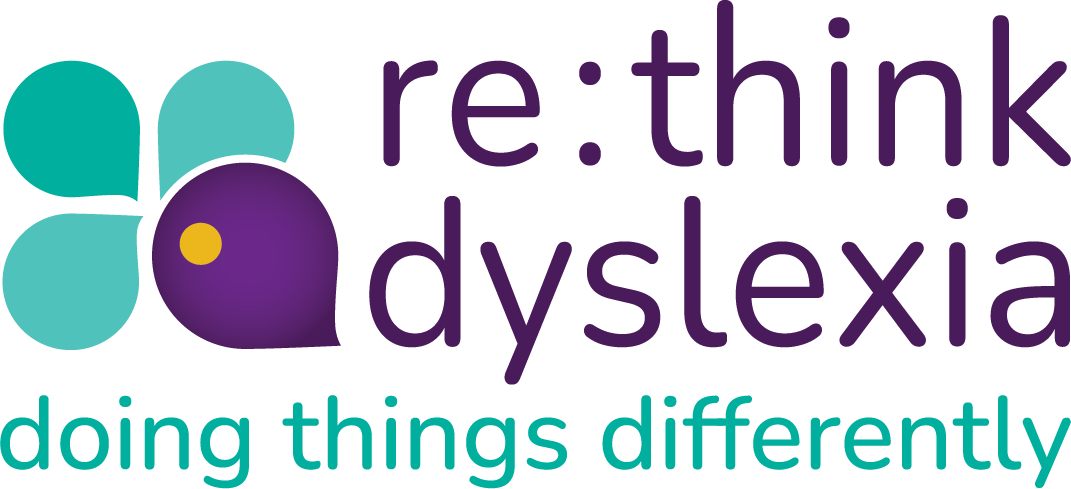Dyslexia and Mental Health, looking after yourself because there is only one of you!
Dyslexia is a lifelong disability and it impacts our whole life from the school years through to adulthood. It is now well known that dyslexia and other co-occurring difficulties can impact our mental health and well-being. Dyslexics are twice as likely to suffer anxiety and depression, lack self-confidence, do not feel good about themselves, have little or no energy to spare and overall have lower than average mental health and well-being because of how it can impact on day to day activities.
Dyslexia can impact your mental health in a number of ways, including:
- education
- career wellbeing
- financial wellbeing
- physical wellbeing
- social and community connections
- psychological and emotional well-being.
Not everyone who has dyslexia has problems in all those areas, or all at once. If you have dyslexia, you probably already know which particular area or areas are the ones you need a bit of extra attention.
It’s important that you identify the areas that impact on your mental health and where you need the most support.
That can help you to decide what strategies you will use, what professional support you seek, and which people in your life you turn to.
 Looking after yourself
Looking after yourself
Exercise!! Sometimes I just can’t be bothered, but it does help to clear my mind and refocus.
I’ve found playing team sports (though it can be frustrating) has helped to improve my coordination.
Get enough sleep – this one’s so important.
Work on my self-awareness so that I recognise when I’m not managing and ask for help.
Yoga, meditation and mindfulness strategies have all helped me.
Anticipation is critical. When I have a pretty good idea of the areas where I’m going to struggle, I then make sure I have strategies (mindfulness activities or exercise are both great) to reduce my anxiety and stress levels when the problem areas come up. (And if I do better than I thought I would, then it’s a bonus!)
Make sure I have people around that I trust and talk about what’s going on in my life.
Finding a good counsellor or psychologist, one who has a specialty in people with learning disabilities can be terrific. Talk to your GP for ideas.
Do the things you enjoy. I actually love reading and find it’s a great way to have some me time. I also love music. Focus on the things that make you happy, and use them to take some time out from the world.
Most of all remember to BREATHE. People with dyslexia are everywhere and you are not alone!
All the parts that contribute to your mental health and well-being are related, you can’t have one without the others. Use strategies that work for you at each of these levels to help you to succeed and achieve.
If you are struggling at the moment, you can and should seek specialist help via:
See your GP
In Australia, the first place to go when you’re looking for mental health support is your GP.
Most GP clinics ask you to make a double appointment if you want to talk to them about mental health stuff. When you’re there, tell your GP:
- your symptoms or how you feel
- your concerns
- how what you feel has affected your life.
This helps your GP to know what sort of psychologist to refer you to under your Mental Health Care Plan.
Talking to someone about your mental health can be difficult. Take some notes beforehand so you don’t forget your main topics.
You can also take a family member or close friend along for support. Having someone else there can also be really useful to help explain your situation to the GP, and help you to remember the discussions you had.
Learn more about mental health and well-being and other information on dyslexia in our factsheets, our Mental Health and Thriving Series and through the Dear Dyslexic Podcast Series at rethinkdyslexia.com.au

 Looking after yourself
Looking after yourself